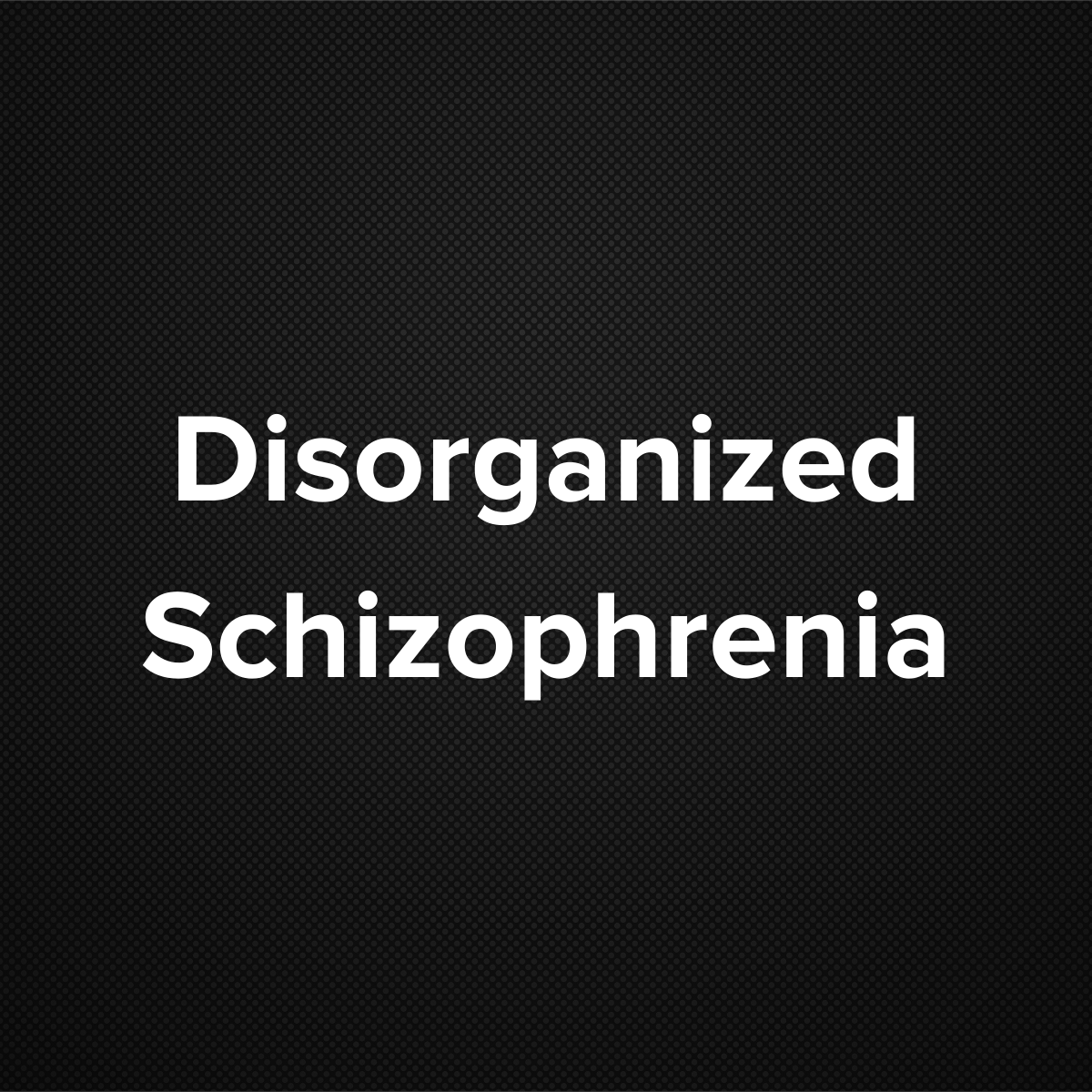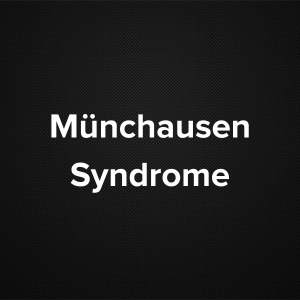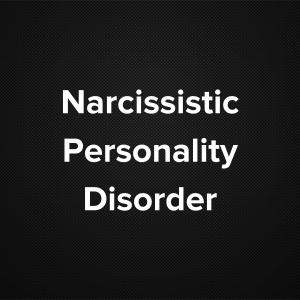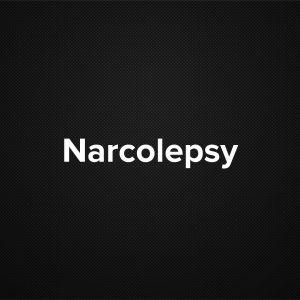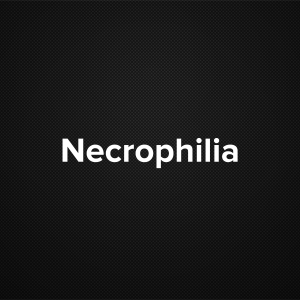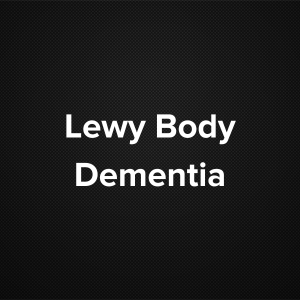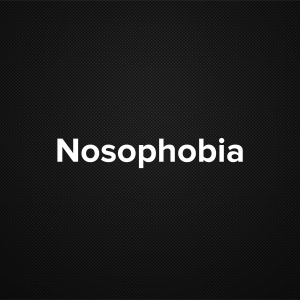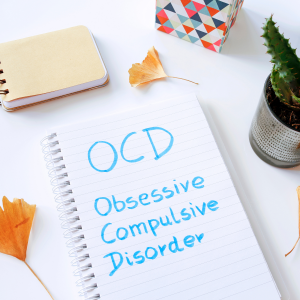Causes and risk factors
The exact cause of schizophrenia is not known. It is believed to be caused due to a complex group of genetic, psychological, and environmental factors. Difference in brain structure, chemical changes in CNS, problems in neurotransmitters like glutamate and dopamine also contribute to the disease condition.
Clinical presentation
Disorganized schizophrenia is characterised by disorganized behaviour and speech, flattening or inappropriate emotions, inappropriate facial responses. Sometimes there is a complete lack of emotion. The emotions are not appropriate to the situation. They do not show normal emotional responses. This symptom is termed as blunted or flat effect. Chuckling at the funeral, etc is an example of inappropriate emotional response. They appear childlike. There is also behavioural disorganization, which may impair his or her ability to carry out daily activities such as dressing, brushing teeth, showering or eating. Other signs and symptoms include delusions, hallucinations, especially voices. The patient shows grimacing, odd postures, and trouble functioning at school or work. There is social isolation, clumsiness, uncoordinated movements.
Investigation
Medical history by the patient and psychological evaluation by the psychiatrist or psychotherapist helps in diagnosis. The diagnostic criteria for disorganised schizophrenia include presence of disorganized speech, disorganized behaviour, lack of emotion, emotion inappropriate for the situation. Imaging studies such as MRI of brain may be useful for further evaluation and ruling out other causes.
Treatment
Psychotherapy is required for treating disorganised schizophrenia. It involves cognitive behavioural therapy, which teaches anger management techniques, relaxation techniques. Getting enough sleep helps keep a stable mood in some patients. Medications like anti psychotics, anti depressants, anti anxiety drugs, mood stabilizers help in treatment of the disease. Electroconvulsive therapy [ECT] may be used to treat disorganised schizophrenia. Individual and family counselling will also help in managing disorganised schizophrenia. Hospitalisation may be required in severe episodes of disease.
Other Modes of treatment
The other modes of treatment can also be effective in treating disorganised schizophrenia. Homoeopathy is a science which deals with individualization considers a person in a holistic way. This science can be helpful in combating the symptoms. Similarly the ayurvedic system of medicine which uses herbal medicines and synthetic derivates are also found to be effective in treating disorganised schizophrenia.
